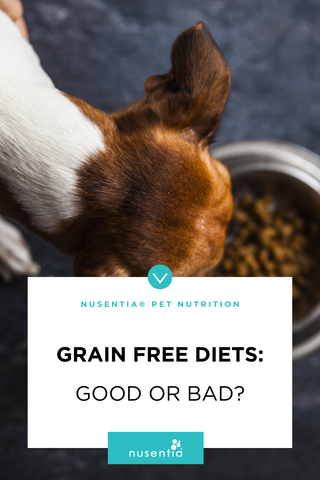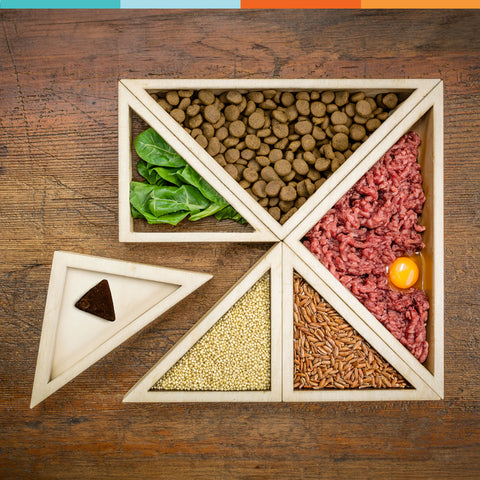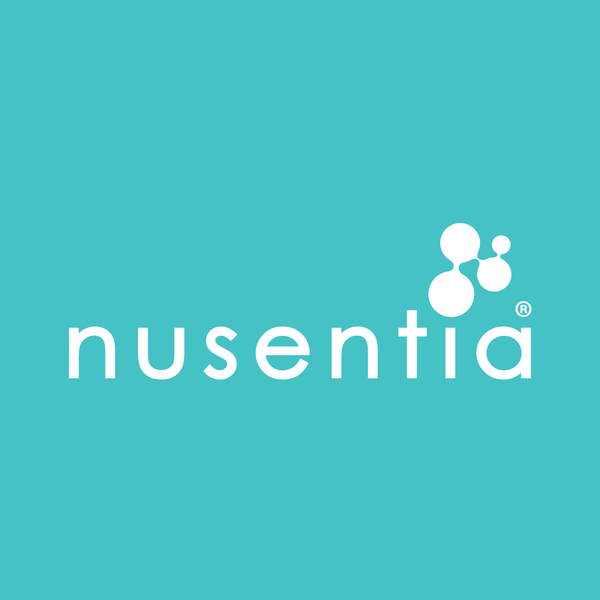In the realm of canine nutrition, the debate around grain-free dog food has garnered significant attention. Pet owners are increasingly questioning whether this diet is beneficial or detrimental to their dogs' health. Let's delve into the nuances of this dietary choice of whether grain free dog foods are good or bad.

Understanding Grain-Free Diets
Grain-free dog food excludes common grains such as wheat, corn, rice, barley, and oats, favoring alternative carbohydrate sources like potatoes, peas, and lentils. This diet aims to mirror the ancestral eating habits of dogs, proposing a more natural approach to canine nutrition. The shift towards grain-free diets is often driven by the pursuit of allergy relief and overall health optimization for pets.
The Pros of Grain-Free Diets
Allergy and Intolerance Relief: A significant advantage of grain-free dog food is its potential to alleviate allergic reactions or intolerances in dogs sensitive to grains. Symptoms like yeast infections, skin irritation, ear infections, and gastrointestinal upset can see improvement with a grain-free diet.
Digestive Health: For dogs with sensitive stomachs, grain-free diets can offer digestive benefits. Alternative carbohydrate sources used in grain-free foods are sometimes easier for dogs to digest compared to traditional grains.
Dietary Optimization: Some pet owners believe that grain-free dog food aligns more closely with their dog's natural dietary needs (biologically appropriate), providing high-quality, easily digestible proteins.
The Cons: When Grain-Free Isn't Necessarily Better
Nutritional Imbalances: Critics of grain-free diets point out that eliminating grains can lead to nutritional gaps. Not all dogs are allergic to grains, and whole grains may contribute valuable nutrients like vitamins, minerals, and fiber to a dog's diet.
The Heart Health Controversy: Research has explored potential links between grain-free diets and dilated cardiomyopathy (DCM) in dogs. However, no definitive cause-and-effect relationship has been established. Further, some say that the funding of the research was from a dubious source. These two points make it a topic of ongoing investigation within the veterinary community.
Supplementing Grain-Free Diets for Complete Nutrition
While grain-free diets may cater to specific canine health needs, that aspect alone may not cover the entire spectrum of nutritional requirements. Regardless of any diet you feed your dog, it's vital to bridge the nutritional gap that all dog foods have.

Three must-have supplements for dogs on any diet
- Probiotic Miracle®: This supplement introduces beneficial bacteria into the gut, supporting a balanced intestinal flora, enhancing digestion, and improving nutrient absorption. It's particularly beneficial for maintaining overall gut health and vitality in dogs on grain-free diets.
- Enzyme Miracle®: A blend of essential enzymes that aid in the thorough breakdown of proteins, fats, and carbohydrates, ensuring optimal nutrient assimilation. Compared to the limited pancreatic enzymes, the broad spectrum enzymes in Enzyme Miracle® support complete digestive health and maximize the nutritional value of your dog's diet, making it an indispensable addition to any feeding regimen, especially for those on grain-free diets.
- RJX for Joints: As dogs age, joint health becomes a growing concern, especially for those on commercial diets. RJX provides therapeutic levels of glucosamine and chondroitin, crucial for repairing and protecting cartilage, reducing inflammation, and improving joint mobility. This supplement is essential for senior dogs or those needing extra joint support, complementing their grain-free diet with targeted nutrition for joint health.
Making Informed Decisions
Choosing the right diet for your dog involves considering their unique health needs, preferences, and any existing food sensitivities or allergies. Consulting with a veterinarian can provide personalized guidance, helping you navigate the decision between grain-free and grain-inclusive diets with your dog's best interest at heart.

Conclusion
The debate on "grain-free dog food good or bad" is not black and white. While grain-free diets offer benefits for certain dogs, they may not be the ideal choice for every pet. By prioritizing high-quality ingredients and supplementing diets with essential nutrients through Probiotic Miracle®, Enzyme Miracle®, and RJX for joint health, pet owners can ensure their dogs thrive on whichever diet they choose.
Nusentia Pet Nutrition remains dedicated to supporting this journey, offering expertly formulated supplements to complement any dietary choice and promote optimal canine health


